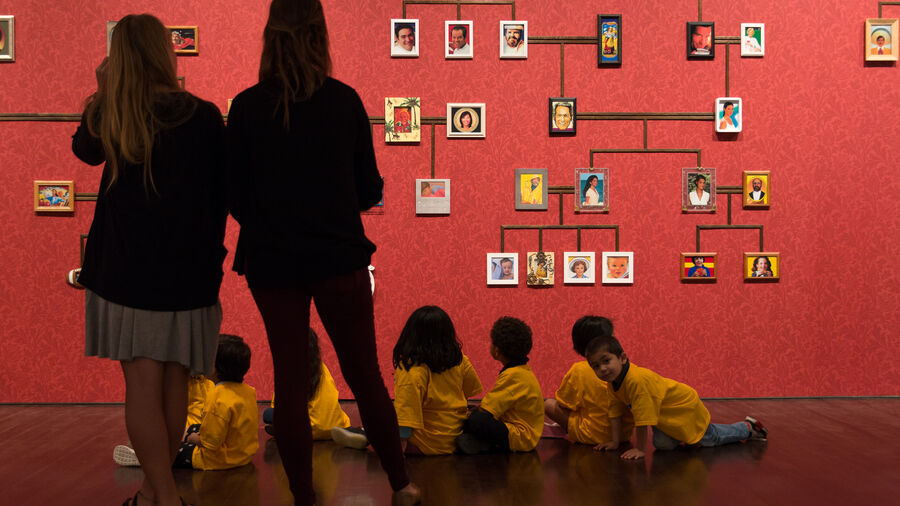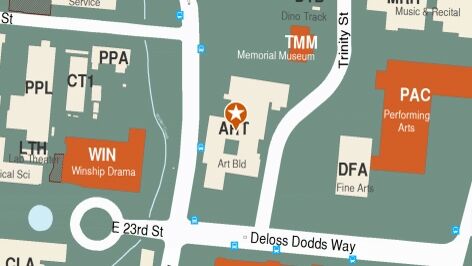Art History
Minor in the College of Fine Arts

Art historians study the visual and material world.
Art history embraces a wide array of objects and images and contexts: paintings, drawings, prints, photographs, film, and digital technologies; sculpture large and small, permanent and perishable; domestic and public buildings; urban and rural settings; museums and gardens; books, magazines, manuscripts, and archives; and performances, both past and present. Art historians across the world form a community of scholars who are dedicated to understanding the visual and material world around us and to developing new perspectives and methods with which to better think about these things and the diverse people who made them. Art historians are also dedicated to constantly critiquing established valuations of objects, materials, and spaces. They recognize the need to situate our understandings of the material world within the pressing social debates of both our times and those of the more distant past. Art history is viewed as a process, one that is always in need of refining, and one that always welcomes debate.
How to Declare
ShowTo declare this minor, contact your assigned academic advisor in your school or college.
Required Courses
ShowThe Art History requirements are: Fifteen semester hours of coursework in art history, including at least 12 hours of upper-division coursework. All classes must be taken on the letter-grade basis. The student must earn a combined grade point average of at least 2.50 in minor coursework.
A more in-depth overview of the Art History minor, as well as an application link, can be found on the College of Fine Arts' website.
Visit the Art & Art History page on courses open to non-majors for course descriptions.
